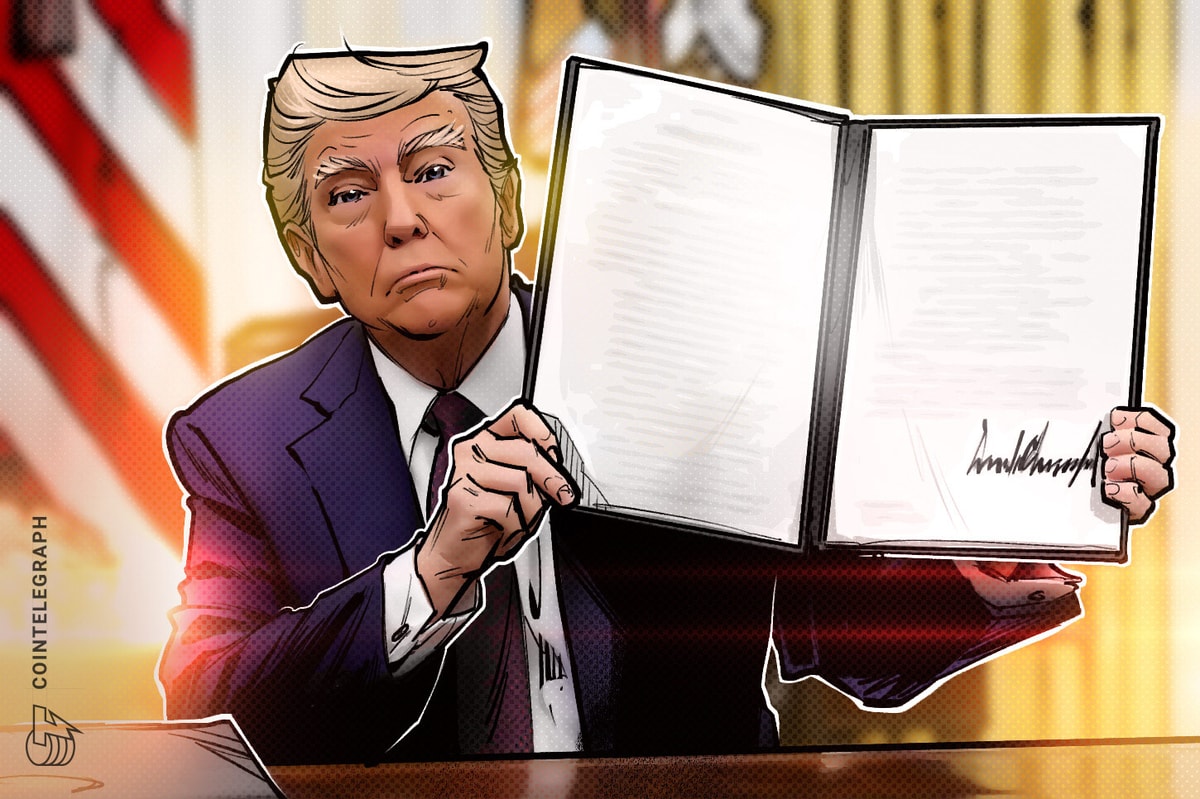Ripple’s chief legal officer Stuart Alderoty believes that the June 2024 overturn of Chevron USA Inc. vs. Natural Resources Defense Council by the United States Supreme Court will have little impact on the Securities and Exchange Commission’s (SEC) strategy of pursuing crypto compliance through enforcement.
In an interview with Cointelegraph’s Turner Wright, Alderoty stressed that only a leadership change would cause a shift in SEC posturing.
“I think under this leadership, the SEC has done tremendous institutional damage to what was once a very well-respected agency,” the Ripple CLO said.
Alderoty also stated that the SEC’s continued litigation against the crypto industry — including the recent appeal in the Ripple lawsuit — was deliberate and meant to create maximum confusion among industry participants:
"This SEC, under this leadership, I don't think they much care if they're right or wrong as a matter of law. I think their goal is through a massive wave of enforcement actions — and now on appeal — to keep a cloud of legal uncertainty over the industry."
“I think ultimately they will be proven wrong again. I don’t think they’re bothered by that,” Alderoty continued, before characterizing the SEC’s aggressive stance toward the crypto sector as “Very disturbing.”
Related: Overturned Chevron deference likely won’t impact crypto regulation: Tom Emmer
Loper Bright vs. Raimondo — overturning 40 years of precedent
The 40-year precedent set by the Chevron case in 1984 was overturned by the United States Supreme Court in the Loper Bright Enterprises v. Raimondo case on June 28, 2024. The 1984 decision paved the way for courts to defer to regulatory agencies and their internal — often arbitrary — methods of policy enforcement.
Ruling in Loper Bright vs. Raimondo. Source: United States Supreme Court
For the nascent crypto industry, this meant that startups faced prohibitive regulatory demands from multiple government regulators that choked off innovation and discouraged investment, especially from institutional firms.
In July 2024, Uniswap Labs cited the Chevron overturn as an argument against the SEC’s proposed expansion of what legally qualifies as an “exchange” under the Exchange Act of 1934 — a regulatory change that would bring decentralized finance projects under the purview of the SEC.
Magazine: Godzilla vs. Kong: SEC faces fierce battle against crypto’s legal firepower










